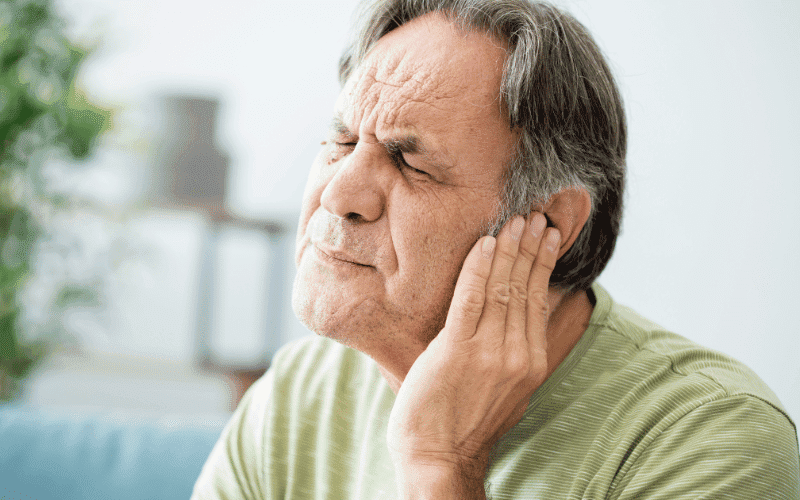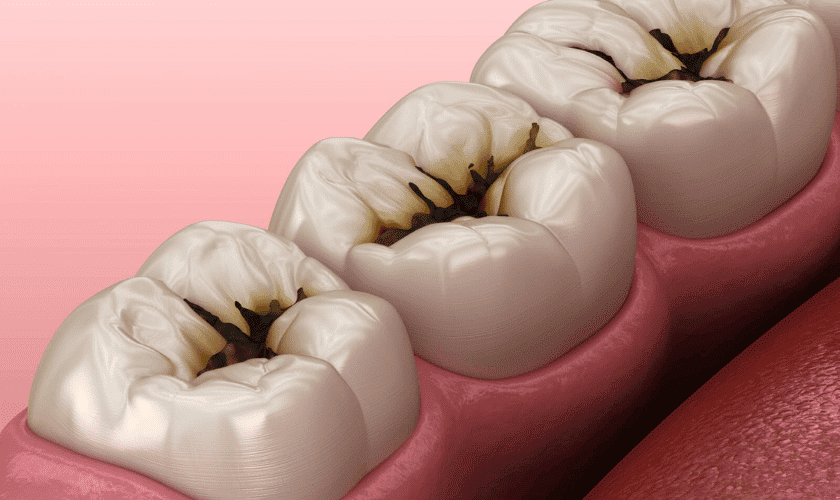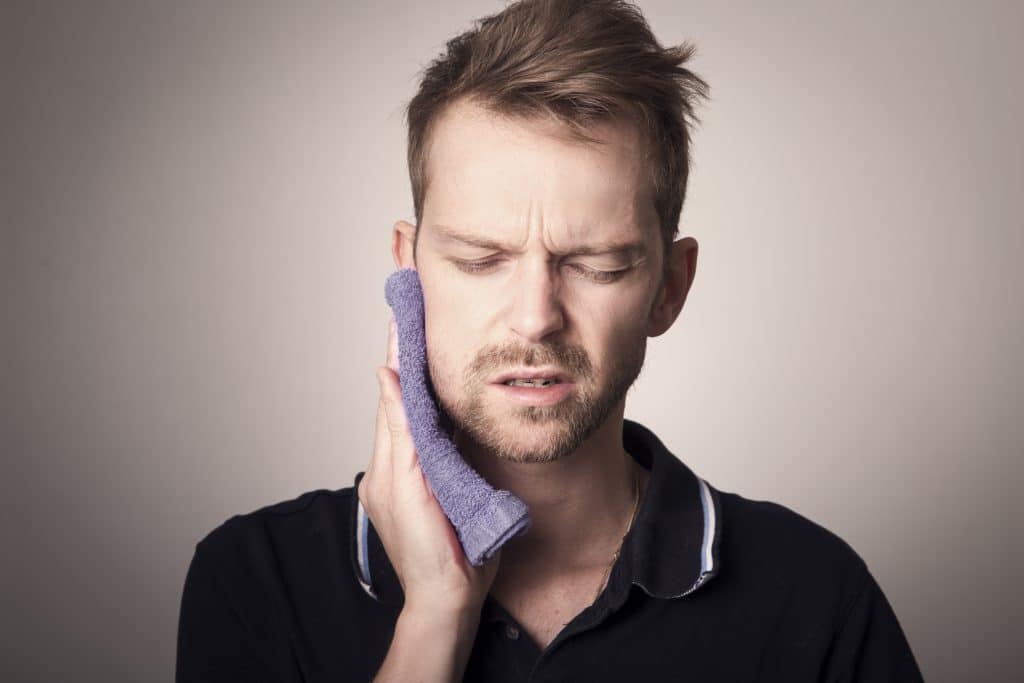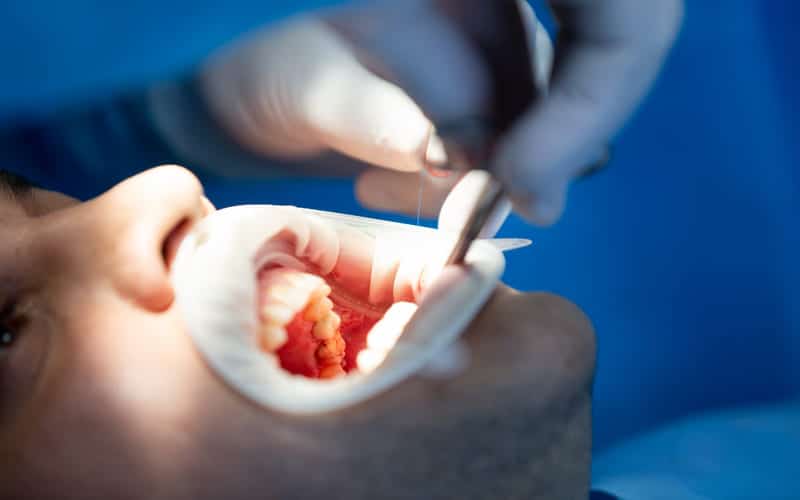
What Are the Restrictions After Tooth Extraction?
Tooth extraction is a dental procedure involving the removal of a tooth from its socket in the jawbone. Common reasons for extraction include severe decay, infection, crowding, or trauma. The process typically begins with local anesthesia to numb the area, followed by loosening and removing the tooth using specialized instruments.
After extraction, proper care, including following post-operative instructions, is crucial for healing. Dentists may recommend replacement options, such as dental implants or bridges, to maintain oral function and aesthetics.
Tooth extraction is a routine and generally safe procedure to alleviate pain, prevent complications, and improve oral health.
Post-Extraction Care Instructions
1. Bite on Gauze: After extraction, bite on gauze provided by your dentist to control bleeding. Change the gauze as needed, and apply gentle pressure to the extraction site.
2. Avoid Disturbing the Area: Refrain from touching the extraction site with your tongue, fingers, or objects. This helps prevent irritation, infection, and disturbance to the forming of blood clots.
3. Take Prescribed Medications: Follow your dentist’s instructions regarding prescribed pain medications or antibiotics. This aids in managing pain and preventing potential infections.
4. Apply Ice Packs: Use ice packs on the cheek near the extraction site to minimize swelling. Apply intermittently for the first 24 hours, each lasting about 15 minutes.
5. Adhere to Dietary Restrictions: Stick to soft foods and liquids initially, gradually reintroducing solid foods as advised. Avoid hot beverages and alcohol, and refrain from smoking, as these activities can hinder the healing process.
Common Restrictions After Tooth Extraction
1. No Smoking: Avoid smoking for at least 24-48 hours after tooth extraction, as it can interfere with blood clot formation and increase the risk of infection.
2. Limited Physical Activity: Restrict strenuous physical activities for the first few days to prevent excessive blood flow to the extraction site, reducing the risk of bleeding and swelling.
3. Avoid Hard or Crunchy Foods: Steer clear of hard, crunchy, or sticky foods that can disturb the healing process and potentially dislodge the blood clot in the extraction socket.
4. No Drinking Through Straws: Refrain from using straws for drinking during the initial days, as the suction force may disrupt the blood clot and impede proper healing.
5. Careful Oral Hygiene: While maintaining oral hygiene is crucial, be gentle when brushing and flossing around the extraction site. Avoid vigorous rinsing to prevent dislodging the blood clot.
Dietary Restrictions
1. Soft Foods: Stick to a diet of soft foods initially, including yogurt, mashed potatoes, soups, and smoothies. These are easier on the healing gums and minimize discomfort.
2. Avoid Hot Foods: Steer clear of hot or spicy foods and beverages, as they can cause irritation and discomfort to the extraction site.
3. No Crunchy or Hard Foods: Avoid crunchy or hard foods like nuts, popcorn, and chips, as they can risk damaging the healing socket or dislodging the blood clot.
4. Limit Sugar Intake: Minimize sugary foods and drinks, as they can contribute to infection and may be challenging to clean around the extraction area.
5. Hydrate with Care: While staying hydrated is essential, opt for lukewarm or cool beverages. Avoid using straws, as the sucking motion can disrupt the blood clot and impede the healing process.
Physical Activity Restrictions
1. Avoid Strenuous Exercise: Refrain from engaging in strenuous physical activities or intense workouts for the first few days after tooth extraction to minimize the risk of bleeding and swelling.
2. Limit Bending and Lifting: Avoid heavy lifting or bending over, as these activities can increase blood flow to the head and may contribute to post-extraction complications.
3. Gentle Movements: Opt for light activities like walking instead of vigorous exercises. Gentle movements help prevent strain and reduce the chances of disrupting healing.
4. No Contact Sports: Steer clear of contact sports or activities that could result in accidental trauma to the face. Protect the extraction site from any potential impact.
5. Gradual Resumption: Gradually reintroduce regular physical activities based on your dentist’s recommendations. Resume full exercise routines once you receive clearance, usually after the initial healing period.
Oral Hygiene Restrictions
1. Gentle Brushing: Brush your teeth gently, avoiding the extraction site for the first few days. Use a soft-bristled toothbrush to prevent irritation and disturbance to the healing area.
2. Avoid Flossing Near Extraction Site: Refrain from initially flossing around the extraction site. This prevents any accidental disruption of the blood clot and allows the area to heal undisturbed.
3. Mouth Rinse with Caution: Be cautious with mouth rinses, especially those containing alcohol, in the initial days. Opt for a mild, non-alcoholic, or prescribed rinse as your dentist recommends.
4. No Vigorous Swishing: Avoid vigorous swishing or gargling, as this can dislodge the blood clot and hinder proper healing. Instead, rinse your mouth gently.
5. Follow Dentist’s Instructions: Adhere to any specific oral hygiene instructions provided by your dentist. They may recommend a modified routine during the initial healing period to promote optimal recovery.
In conclusion, proper post-tooth extraction care is essential for a swift and complication-free recovery. Following the guidelines from Singh Smile Care in Glendale ensures optimal healing. Maintain oral hygiene with gentle brushing, cautious flossing, and prescribed rinses.
Adhere to dietary restrictions, favoring soft and non-irritating foods. Restrict physical activity, avoiding strenuous exercises and potential facial trauma. Remember, avoiding smoking and straws is crucial.
Trusting Singh Smile Care’s recommendations for Tooth Extraction in Glendale guarantees a smooth recovery, promoting overall oral health and well-being.
